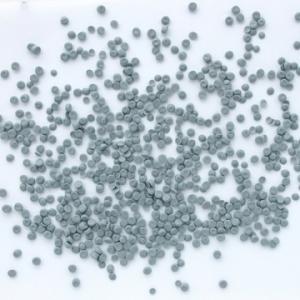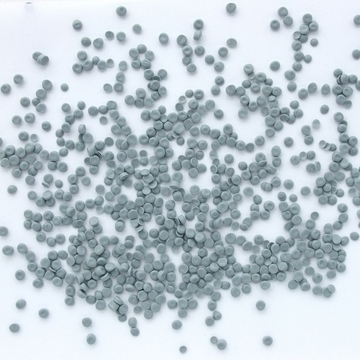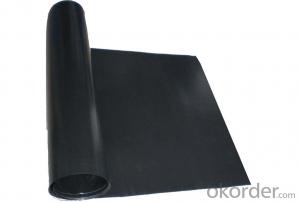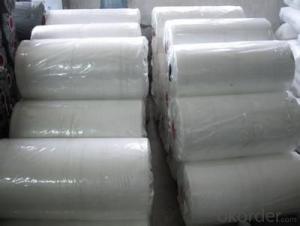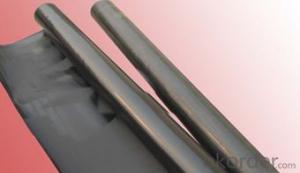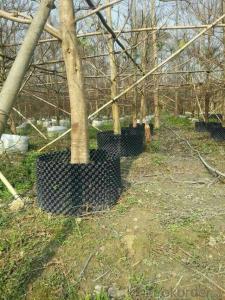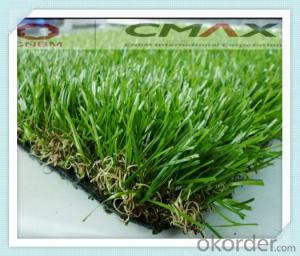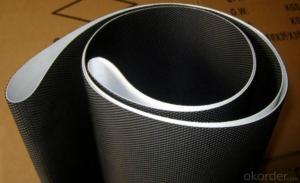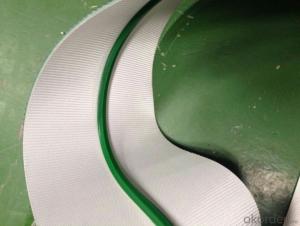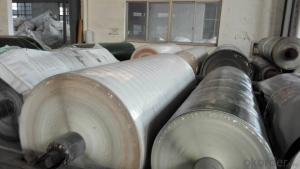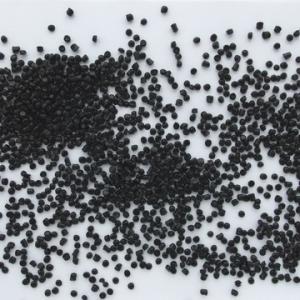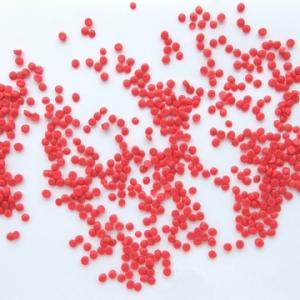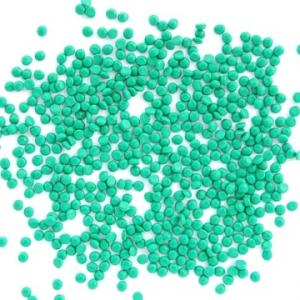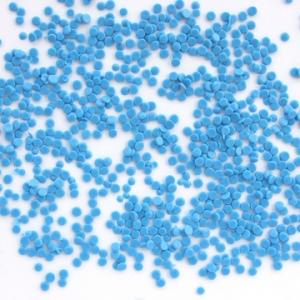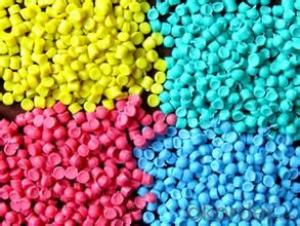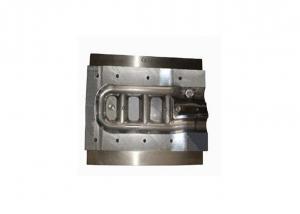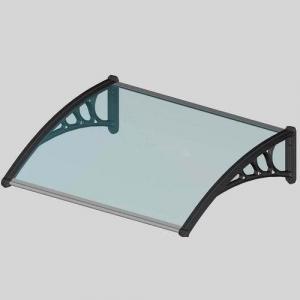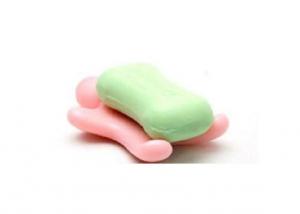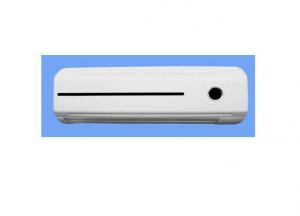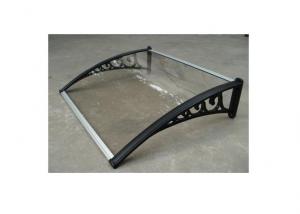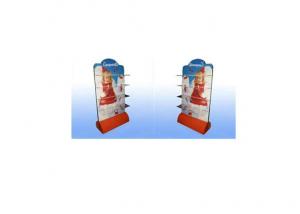PVC compound for VDE standard wires and cables
- Loading Port:
- Shanghai
- Payment Terms:
- TT OR LC
- Min Order Qty:
- -
- Supply Capability:
- 3000 Tons kg/month
OKorder Service Pledge
OKorder Financial Service
You Might Also Like
PVC compound for VDE standard wires and cables
I. Type and application
Type | Product | Application and Cable Specification |
3901N | PVC insulating compound for VDE standard at 90℃ | Used for wires and cables which according with VDE standard |
3921N | PVC jacket compound for VDE standard at 90℃ | Used for wires and cables which according with VDE standard |
II. Productdescription
PVC compound for VDE standard wires andcables, based on PVC resin, is made into granula by mixing, plastification andgranulation with adding plasticizer, stabilizing agent, flame retardant andetc. The products meet various special requirements, such as differenthardness, UV stable, environment friend (RoHs, REACH, PAHs, chlorinated alkanesfree, phthalate free, and etc.),sub-shine and fog surface, low temperature resistant, PS/ABS transfer proof,rodent-repellent, termite-repellent, and transparent, and etc.
III. Processing
It is recommended that compound should beprocessed with common extruder having a minimum L/D ratio of 20.
The following temperature(℃)profile of extruder is recommended:
Zone | Zone 1 | Zone 2 | Zone 3 | Zone 4 | Head | Die |
Temperature ℃ | 140 | 160 | 170 | 175 | 180 | 175 |
IV. Storageand transport
Packaging:25kg/bag, PE membrane inside bag and Kraft outsidebag.
Storage and transport: Avoiding in directsunlight and weathering. The storage place should be in clean, cool, dry, andventilated conditions.
V. Properties
Table
Item | Unit | Standard Value | |||
3901N | 3921N | ||||
Tensile Strength | ≥ MPa | 16.0 | 10.0 | ||
Elongation at Break | ≥ % | 150 | 150 | ||
Impact Brittleness Temperature | ℃ | -15 | -20 | ||
Volume Resistivity, at 20℃ | ≥ Ω﹒m | 1.0×1011 | 1.0×108 | ||
Volume Resistance at working temperature of 90℃ | ≥ Ω﹒m | 1.0×108 | - | ||
Dielectric Strength | ≥ MV/m | 20 | 18 | ||
Hot Deformation | ≤ % | 30 | 50 | ||
Thermal Stability Time at 200℃ | ≥ min | 240 | 240 | ||
Thermal Aging |
|
|
|
|
|
Aging Temperature | ℃ | 135±2 | 115+2 | 135±2 | 115±2 |
Aging Time | h | 14×24 | 14×24 | 14×24 | 14×24 |
Tensile Strength after aging | ≥ MPa | 16.0 |
| 10.0 |
|
Variation on Tensile Strength | % | +25 |
| +25 |
|
Elongation at Break after aging | ≥ % | 150 |
| 150 |
|
Variation on Elongation at Break | % | +25 |
| +25 |
|
Loss of Mass after aging | ≤ g/m2 |
| 15 |
| 15 |
- Q: Are there any maintenance tips for olive nets during the off-season?
- Yes, there are a few maintenance tips for olive nets during the off-season. Firstly, make sure to clean the nets thoroughly before storing them to remove any dirt, debris, or olive residue. This will prevent the growth of mold or mildew. Additionally, check for any damages or tears in the nets and repair them if necessary to ensure they are in good condition for the next harvest season. Properly store the nets in a dry and well-ventilated area to prevent any moisture buildup.
- Q: Are olive nets compatible with irrigation systems?
- Yes, olive nets are compatible with irrigation systems. Olive nets are designed to protect the olive trees from birds and other pests, while still allowing water from the irrigation system to reach the roots of the trees. This ensures that the trees receive the necessary water for growth and production while being protected from potential damage.
- Q: How are olive nets installed in the orchard?
- Olive nets are typically installed in the orchard by spreading them out over the rows of olive trees and securing them to the ground using stakes or weights. This helps to catch the olives as they fall from the trees during harvesting, making it easier to collect them and minimize damage to the fruit.
- Q: Are there any specific guidelines for using olive nets on dwarf or small-sized olive trees?
- Yes, there are specific guidelines for using olive nets on dwarf or small-sized olive trees. It is important to choose a net that is appropriately sized to cover the entire tree and secure it tightly to prevent any gaps. The net should be placed over the tree before the olives start ripening to protect them from birds and pests. It is advisable to periodically check the netting for any tears or damage and repair or replace it if needed. Additionally, the net should be removed after the harvest to allow for proper tree maintenance and prevent any potential damage.
- Q: Plastic lunch box logo 5, what does PP stand for?
- Which marked "5" recycling logo mainly made of the plastic containers of this material is pp. has good air permeability, high temperature resistance and high impact resistance, mechanical properties of strength and toughness, resistance to a variety of organic solvents and acid corrosion. For microwave meal, bottles and other plastic containers with plastic. PP is the only container material production can be put into the microwave oven heating, can be repeatedly used after careful cleaning. But some microwave meal box with 5 PP manufacturing, but the lid is to 1, PE manufacturing, so it can not be put together with the box of microwave oven
- Q: What are the different types of olive nets available?
- There are several types of olive nets available, including standard square mesh nets, diamond mesh nets, and knitted nets. Each type has its own unique features and benefits, such as varying mesh sizes, durability, and ease of use. It is important to choose the right type of olive net based on your specific needs and the conditions of your olive grove.
- Q: Can olive nets be used for olive trees in high-altitude areas?
- Yes, olive nets can be used for olive trees in high-altitude areas. Olive nets are designed to protect the olives from birds and other pests, regardless of the altitude.
- Q: Can olive nets be used on olive trees in pots or containers?
- Yes, olive nets can be used on olive trees in pots or containers. Olive nets are typically used to protect the olives from birds and other pests, regardless of whether the tree is planted in the ground or in a container.
- Q: White plastic products used for a long time and yellow, how do?
- There is a plastic yellow removal agent on the market. Its principle is to dissolve, remove the surface layer, and then cover a new layer of plastic, adding antioxidants to prolong the oxidation time. When the antioxidants are exhausted, the plastic will slowly turn yellow. But you can try.
- Q: How do I maintain an olive net?
- To maintain an olive net, you should regularly inspect it for any damage or tears. If you notice any holes, repair them promptly to prevent birds or other pests from getting through. Additionally, ensure that the net is properly secured to avoid any sagging or gaps. It's also essential to remove any fallen olives or debris from the net regularly to prevent it from weighing down or causing damage. Finally, store the olive net properly when not in use to prolong its lifespan.
Send your message to us
PVC compound for VDE standard wires and cables
- Loading Port:
- Shanghai
- Payment Terms:
- TT OR LC
- Min Order Qty:
- -
- Supply Capability:
- 3000 Tons kg/month
OKorder Service Pledge
OKorder Financial Service
Similar products
Hot products
Hot Searches
Related keywords
